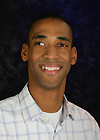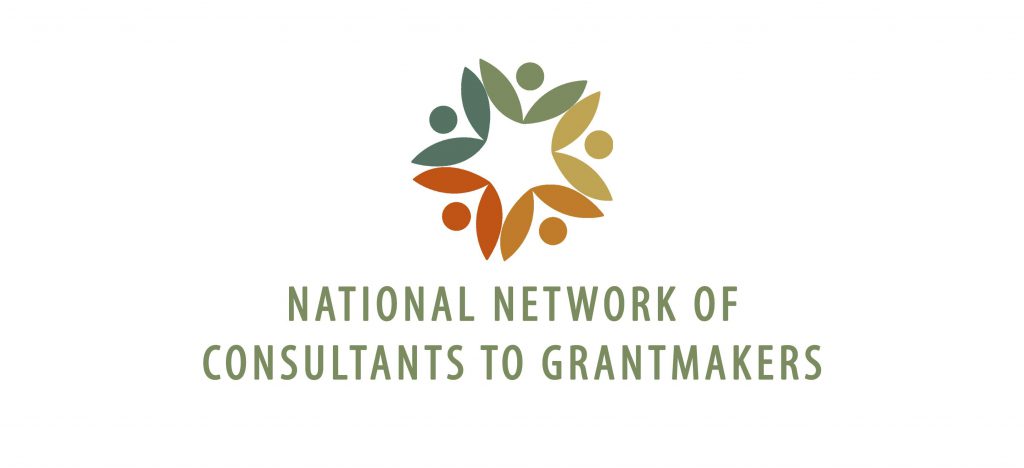

Oct 30, 2019 – Kien Lee is the Principal Associate/Vice Principal and Brandon Coffee-Borden is the Managing Associate for Community Science, a research and development organization that works with governments, foundations, and non-profit organizations on solutions to social problems through community and other systems changes. They help clarify racial equity and how it fits into the philosophy of an organization. They focus their support on research and evaluation to inform, strengthen and monitor DEI strategies. One of the most difficult challenges when facilitating a grantee’s work is to determine what is being said, and not being said about racial equity. Sometimes this means getting uncomfortable and asking the hard questions.
As Principal Associate of Community Science, Kien Lee has experience providing capacity building support to strategies and initiatives designed to promote DEI in communities, philanthropic and nonprofit organizations, and local governments. This support is usually in the form of research and evaluation to inform, strengthen and monitor DEI Strategies. Brandon Coffee-Borden, as Managing Associate at Community Science, brings his experience in program and policy evaluation and organizational capacity building to help initiatives focused on community and systems change, racial equity, and youth development.
Community Science teamed up with the Richmond Memorial Health Foundation (RMHF) to evaluate the Foundation’s grant initiative that intentionally provided a co-learning opportunity focused on collaboration, community participation, and health equity. Through this opportunity, RMHF sought to learn with and from grantees and their partners how best to affect health outcomes in the region, through a collaborative strategy and a racial equity lens.
The evaluation process revealed that many of the grantees and their partners needed more support and time to shift their thinking from programming and service provision to systems change and equity. Community Science and RMHF learned that theyneeded to be more explicit with grantees and their partners about addressing power differences and what it would take to create equitable relationships among the collaborating organizations themselves and in the community.
Lee and Coffee-Borden were able to leverage a DEI approach to work collaboratively with RMHF to consider how racial equity fits within the grant initiative and the grantees and their partners’ efforts by differentiating:
- Equity, not disparities
- Systemic change, not programmatic change
- Realistic outcomes, not equity within a year or even two years
- Value for both qualitative and quantitative data, not just quantitative
They also clarified where the evaluation fits into the overall strategy, budget, grantmaking process and collaborative relationships involved.
As Community Science facilitated peer discussions among grantees, one of the most difficult challenges was to determine what was being said, and not being said about racial equity. Sometimes this means getting uncomfortable and asking the hard questions, like asking why the discussion about racial equity tended to be dominated by white grantee participants and not the people of color in the room, and whether expanding healthcare services to new populations constituted equity.
Commitment to racial equity requires evaluators to go the extra mile to do what is right in service of equity. This means being flexible about changes in the scope of work for the evaluation and being willing to jump in and help build capacity when the need emerges, as well as being courageous about speaking up and sometimes pushing back on the funder. You have to maintain a holistic view of all that is going on and figure out how to problem solve together with the funder to ensure that racial equity is “mainstreamed” into an entire initiative and just “sprinkled” into certain aspects of the initiative.
Lee and Coffee-Borden hosted a webinar about what the evaluation of health equity means in October 2018. Lee will also be joining NNCG at the SECF50 session, Leveraging Effective Consultant/Foundation Partnerships to Advance Equity in Philanthropy, on Wednesday, November 13, 2019, at 11 am ET. If you are in Atlanta for the SECF Annual Meeting, we hope you’ll attend the session for a lively discussion!

